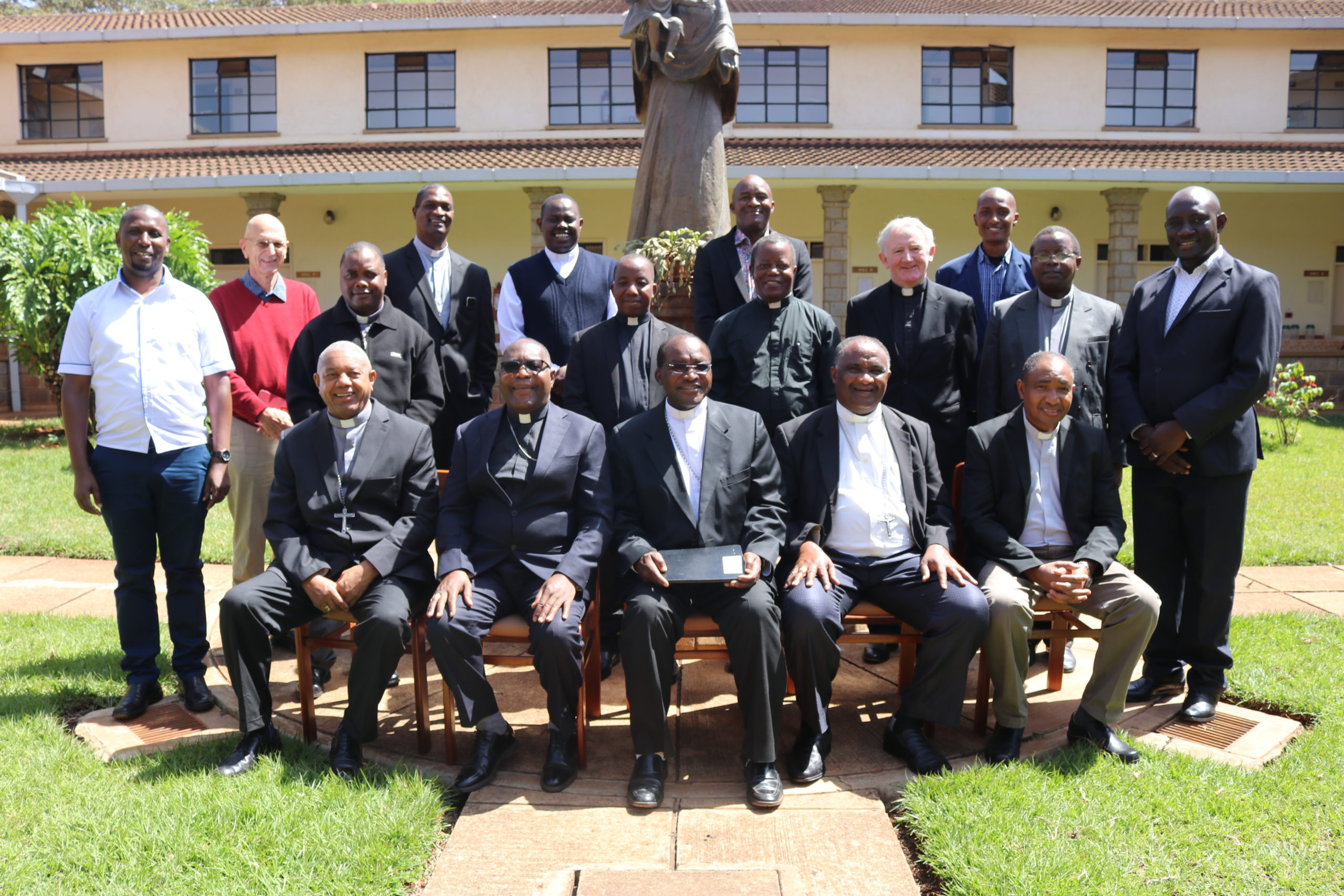AMECEA: “Threat of Religious Ideological Extremism and Radicalization Has Slowed Down Evangelization,” Says AMECEA Secretary General

Sr. Jecinter Antoinette Okoth, FSSA
The Secretary General for the Association of Member Episcopal Conferences in Eastern Africa (AMECEA) region has raised concern on the effects of religious ideological extremism and radicalization in the region, which has slowed down evangelization and threatened sustainable peace and social development in some parts of the region.
In his opening address on Wednesday, January 26, to participants drawn from Kenya, Malawi and Tanzania, Very Rev. Fr. Anthony Makunde acknowledged that religious radicalization and extremism has impacted peace and security.
“The threat of radicalization has slowed down the speed of our mission, it has drained our little resources, it has destroyed infrastructure and it has broken our hearts and commitments on our service to the people,” Fr. Makunde expressed, adding that in other parts of the region terrorism has caused pain and sorrow where “people have lost their loved ones, good relationships have been broken and enmity created among neighbors and relatives.”
Reflecting on Pope Benedict XVI message on possible ways to overcome radicalization and religious ideological extremism, Fr. Makunde said the Pope Emeritus “reminded the Church in Africa to enter with prudence and charity into discussion and collaboration with members of other religions.”
In his observation, the Pope’s call has yielded positive fruits in some parts of Africa while in other parts not much has been achieved.
Expounding on the relevance of the workshop, Fr. Andrew Kaufa who coordinates the Social Communications department at AMECEA Secretariat disclosed that the issue was a concern for the bishops during their 19th Plenary Assembly held in Addis Ababa, Ethiopia, in 2018, hence the need to collaborate as a region on how to address the challenge.
He noted that after assessment of the conferences’ situation in the region through the pastoral coordinators, “It was observed that religious ideological extremism and radicalization is taking place in almost all parts of the AMECEA region but the problem is currently more manifest in Kenya, Malawi and Tanzania, hence the need for the Church to collaborate with other partners and stakeholders and come up with a strategic response as inspired by the Catholic teaching on ecumenism and interfaith dialogue.”
Participants for the two-day workshop in Nairobi at the Dimesse Sisters included among others Archbishop Martin Kivuva Musonde of Kenya’s Mombasa Archdiocese, Bishop Willybard Kitogho Lagho of Malindi Diocese, Kenya, Bishop Montfort Stima of Malawi’s Magochi Diocese and Bishop Titus Joseph Mdoe of Mtwara Diocese, Tanzania.


